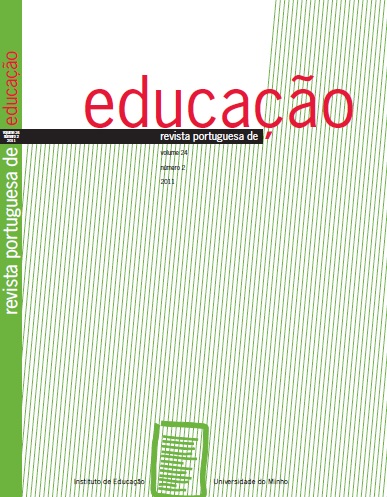COGNITIVE MAPS IN PROBLEM BASED LEARNING EVALUATION
DOI:
https://doi.org/10.21814/rpe.3036Abstract
The purpose of this study is to investigate the learning performance of the Civil Engineering students using the Problem Based Learning (PBL) method as part of instructional innovations that took place in an Engineering Transportation course. We used the answers of the learning evaluation questionnaire to analyze the performance of the sample, which was submitted to the method, and the PBL effects resulted. This questionnaire contributed to evaluate and compare the learning of this sample with a group of students submitted to the traditional design. Cognitive maps were used as a strategy to investigate the effects of PBL and the occurrence of distinct learning performance among students. The results indicated that PBL students were engaged in their own learning, and their own performance. In addition, they achieved stronger behavior development and attitude, involvement, and a significant learning performance with the new design course.
Keywords
Problem Based Learning; Cognitive maps; Engineering education
Downloads
Downloads
How to Cite
Issue
Section
License
1. The authors preserve their authorship and grant the Portuguese Journal of Education the right to the first publication. The work is licensed under Creative Commons Attribution License that allows sharing the work with the acknowledgment of initial authorship and publication in this Journal.
2. The authors have the right to take additional contracts separately, for non-exclusive distribution of the published version of their work (e.g. to deposit in an institutional repository or as a book chapter), acknowledging the initial authorship and publication in this Journal.
3. The authors have the permission and are stimulated to post their work online (e.g. in an institutional repository or on their personal website). They can do this at any phase of the editorial process, as it may generate productive changes, as well as increase impact and article citation (see The Open Citation Project).
The work is licensed under Attribution-ShareAlike 4.0 International (CC BY-SA 4.0)




















